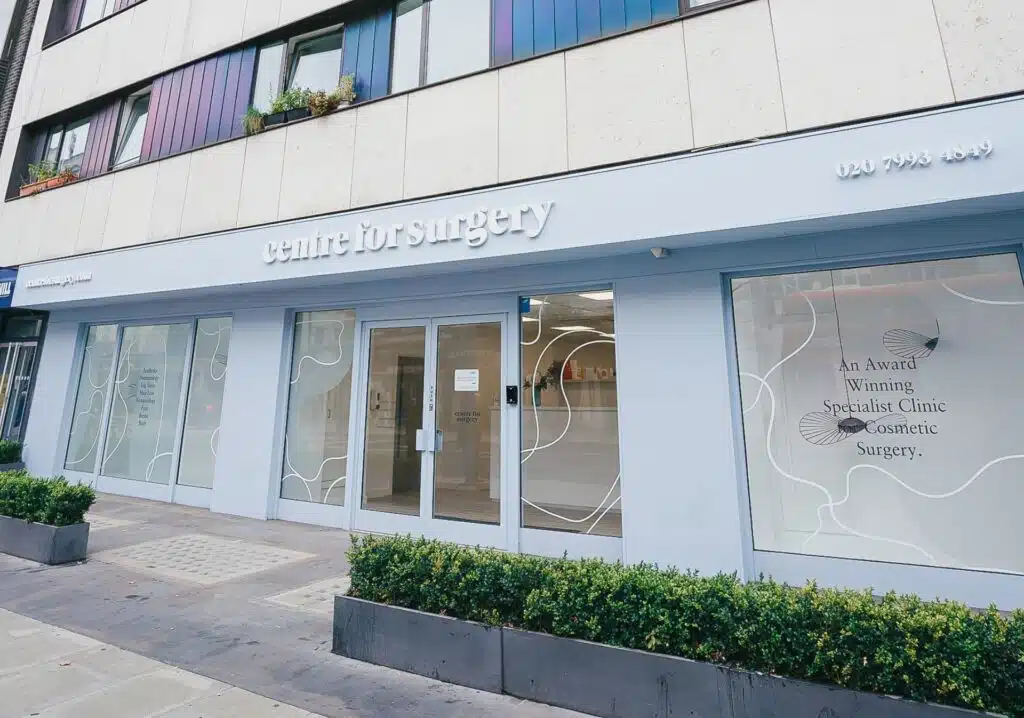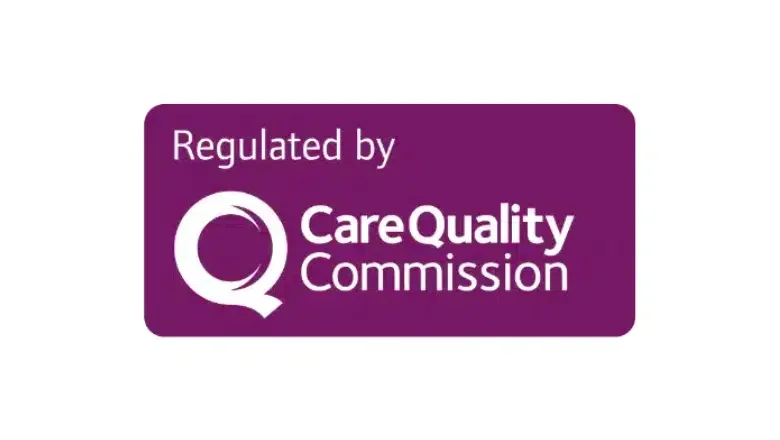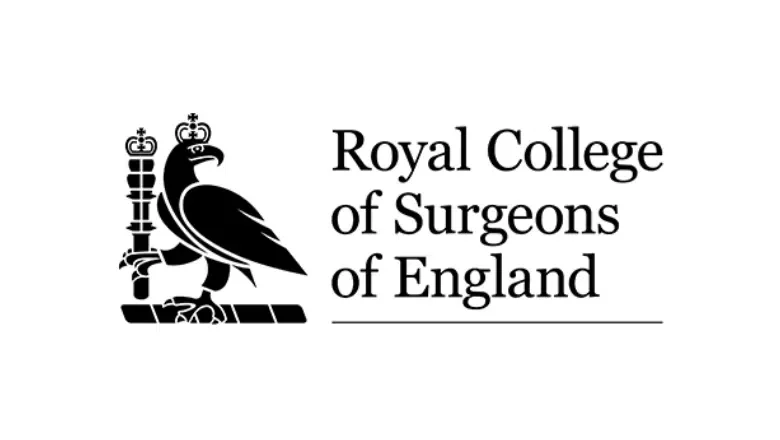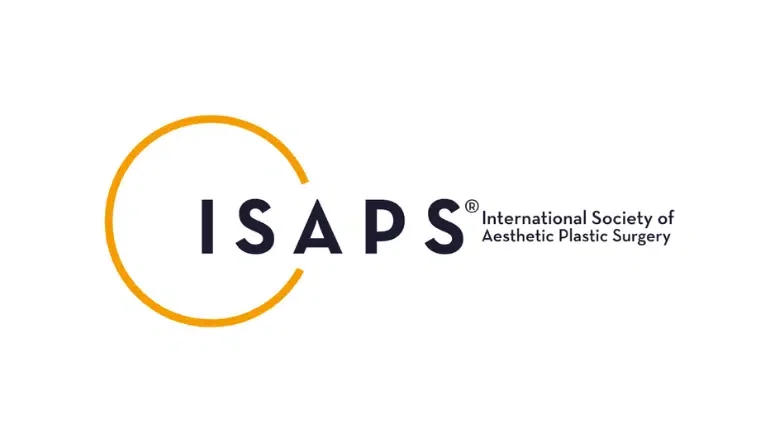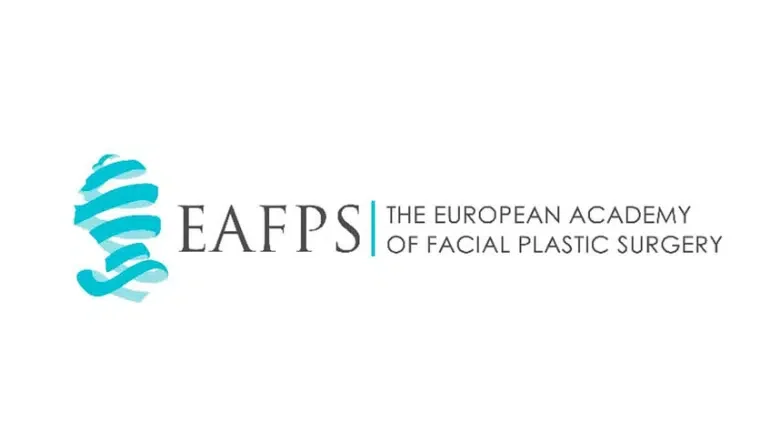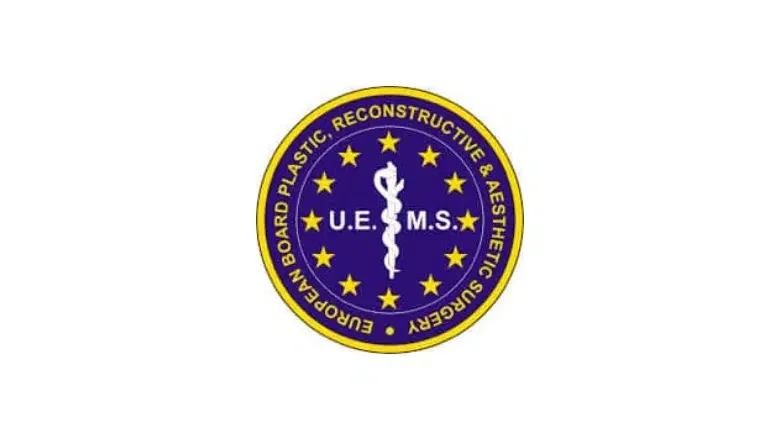When we are younger, the youthfulness of the skin is due to the protein collagen naturally found in the skin and body. When we get older, collagen levels begin to decrease, which can result in the formation of lines, wrinkles, and loose skin. People who have spent large amounts of time in the sun may be more prone to developing hyperpigmentation, which includes age spots, sun spots, and patches of seborrhoeic keratosis. People with excessive pigmentation have often developed signs of premature ageing. Although the ageing process cannot be stopped or reversed, we have the full range of non-surgical and surgical treatments to tackle signs of ageing affecting the face here at Centre for Surgery. The intended outcome is to restore a youthful appearance, which can make you appear many years younger than you are. There are several lifestyle factors which may contribute to the development of premature or accelerated ageing. Appropriate lifestyle modifications can significantly help to slow down the natural ageing process.
RELATED: What are the signs of ageing in the face over time?
How does good nutrition help to prevent premature ageing?
The quality of the diet can significantly impact slowing down signs of ageing affecting the face. A diet high in sugar may form glycosylated end products, which can significantly impact premature ageing. Foods with a high glycaemic index include processed white bread and fried potato chips. Refined sugar is a key component of glycosylated end products and can cause acne and other skin concerns.
Fried foods have a detrimental impact on skin quality, leading to a reduction in skin elasticity. We recommend cutting down on or preferably removing deep-fried foods such as fried chicken from the diet to maintain healthy, supple, and firm skin. Highly processed meat products such as bacon and sausages are high in saturated fats and salt and contribute to dehydration of the skin and a reduction in the amount of collagen in the skin. Excessively salty foods can increase skin dehydration, which increases the risk of developing lines and deeper wrinkles.
Making healthy food choices will help improve your skin’s health and reduce your risk of developing premature ageing. Highly processed meats with high fat levels can be substituted for lean protein sources such as white fish or chicken, which contain high levels of protein and low levels of saturated fat. Lean protein sources help promote new collagen formation and healthier skin. We would also recommend eating more green vegetables and fruit such as berries. Nuts, seeds and avocado are healthy fat sources with high levels of unsaturated fat, which is considered a good type of fat. Eating more of these types of superfoods will promote tighter and more youthful-looking skin.
How does maintaining good hydration prevent premature ageing?
Dehydrated skin is more prone to developing accelerated signs of ageing, including lines, wrinkles and sagging skin. Consuming minimal quantities of water can result in dry and irritated skin, which may result in dark circles under the eyes, sunken eyes and a coarse skin texture. Increasing fluid intake to at least six glasses of water daily will help minimise skin dehydration. We would advise consuming drinks that do not contain sugar. Low-fat milk is a good source of protein and helps to maintain hydration. Low-caffeine versions of coffee and tea will help to keep the skin supple. Following a disciplined skincare routine, each day will also help to keep moisture in the skin. Compared with dry skin, dehydrated skin often appears coarse in texture and may be cracked. Regular water intake will help to eliminate waste products more efficiently from the body and keep bones and joints healthy and supple.
Why should you stop smoking to prevent premature ageing?
Smoking is one of the most potent causes of premature ageing in the face. There are known to be thousands of toxic substances in tobacco smoke, and these have a synergistic effect of causing significant reductions in collagen and elastin content of the skin. Smokers’ lines around the mouth are commonly seen in those who smoke, and these can develop into deeper wrinkles and make someone appear much older than they are.
Crow’s feet are at the outer aspect of the eyes, and forehead wrinkles develop more commonly in smokers. Evidence has shown that people who stop smoking can still develop healthier skin, provided they do so as early as possible. The negative effects of smoking do not stop at reducing collagen in the skin on the face. Smoking can also contribute to loose skin in other body parts, such as the abdomen and arms. Loose skin affecting the inner arms may result in the appearance of bingo wings.
Stopping smoking completely will help to promote much-improved health and well-being with a lower risk of developing certain types of cancer and cardiovascular disease. The risk of chronic obstructive pulmonary disease, or COPD, can be significantly reduced by stopping smoking.
How can alcohol cause premature ageing?
Alcohol possesses diuretic effects, which result in the elimination of water from the body—excessive intake of alcohol results in loss of skin moisture and the development of dehydrated skin. Inadequate water intake will amplify the effects of excessive alcohol intake, developing lines and wrinkles. Certain vitamins and minerals may be deficient in those who drink large quantities of alcohol, including vitamin A, which is beneficial for maintaining collagen levels in the skin. Reduced vitamin A levels are all linked with a loss of skin elasticity and loose skin. Inflammatory changes in the skin may also occur in those who are long-term alcohol drinkers, leading to facial redness. Over time, facial redness may develop into rosacea, which can accelerate premature ageing changes in the face. It is recommended to reduce alcohol intake to 14 units a week or less and maintain healthy skin.
Can air pollution cause signs of ageing affecting the face?
Air pollution is a potent contributor to premature ageing, which affects the skin on the face. Cities with high levels of car usage increase toxic exhaust outputs, which can reduce the collagen content of the skin. The skin is then more likely to develop lines and wrinkles earlier. Excessive air pollution can also trigger several skin conditions, including eczema and rosacea. Certain types of pigmentation, such as age spots, may also be more common in areas of high air pollution. Many of the leading skincare companies have either developed or are launching specialist skin care products designed to protect the skin from the effects of air pollution.
Our skincare experts often recommend mineral makeup, which is a recognised intervention that people can implement to give the skin increased protection against the harmful effects of toxic fumes and prevent the onset of premature ageing.
RELATED: One Stitch Facelift
RELATED: Mini-Facelift

